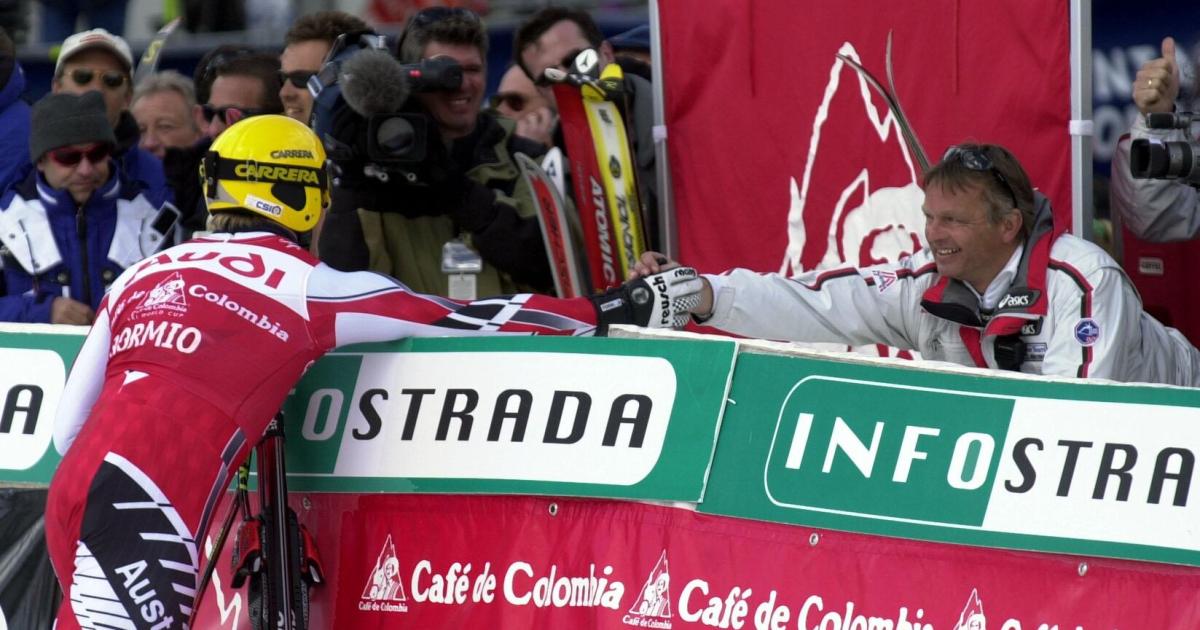A success coach and the Olympic priest have the same pious wish.
Super eagle, high flyer. While the boulevard is looking for new superlatives to do justice to the successes of the ski jumpers, the Austrian anthem has not been played once after the 14 alpine men’s races so far. And that despite the fact that Austria wants to regain its reputation as the number 1 skiing nation at the home World Cup in Saalbach, which begins in 30 days.
But the most successful medalist in local sports history, who retired from the ÖSV after 42 years of service, urges calm: His Cougar just calls for massive change. But that applies to the entire speed racing sport.
Von Rudi Nierlich bis Marcel Hirschervon Hermann Maier bis Vincent Kriechmayrvon Benjamin Raich bis Manuel Fellervon Anna Veith bis Katharina Liensberger – they all experienced Pum as the highest sporting authority.
Before the Mühlviertler joined the ÖSV in 1977, he took the football coaching course with the legendary Leopold Stastny completed. However, Pum currently doesn’t believe in the coaching effect that is so popular in the football industry (after a coach changes during the season) in skiing.
But why does the majority of the media react rather tamely to a lack of victory compared to football?
Because it has to be accepted that after Alberto TombaMaier, Raich, Hirscher and Norwegian long-running favorites Marco Odermatt a Swiss is the current benchmark of all things alpine skiing;
because yourself Marco Schwarzwho has the potential to be mentioned in the same breath as Odermatt, who was badly injured as World Cup winner a year ago and who, after tearing his cruciate ligament, deserves patience on the square path back to the podium;
and because at least conscientious sports reporters find it difficult to demand even more commitment (= willingness to take risks) when the rescue helicopter goes up so often and even Odermatt called the last descent in Bormio a “single fight for survival”.
The races have become much too fast, criticizes Pum and regrets that the people in front of the television still don’t notice “how incredibly fast they really are, even though the camera people are trying very hard.” That’s why you wouldn’t notice ten or twenty km/h less in front of the screen, concludes Pum, calling for the slopes to be defused.
“For God’s sake. Don’t let them drive so fast!” The long-time former Olympic priest already had this pious wish Bernhard Maier addressed publicly to those responsible. And that, Maier remembers, was over 30 years ago.
At exactly these times, the crisis-ridden ÖSV team came to the Olympics in France without a win. “But you reporters still left us alone back then,” says Pum. “I’ll never forget that. That was worth its weight in gold.” As Patrick Ortlieb In 1992 he went from outsider to Olympic downhill champion and slalom ace Günther Mader Was third downhill.
